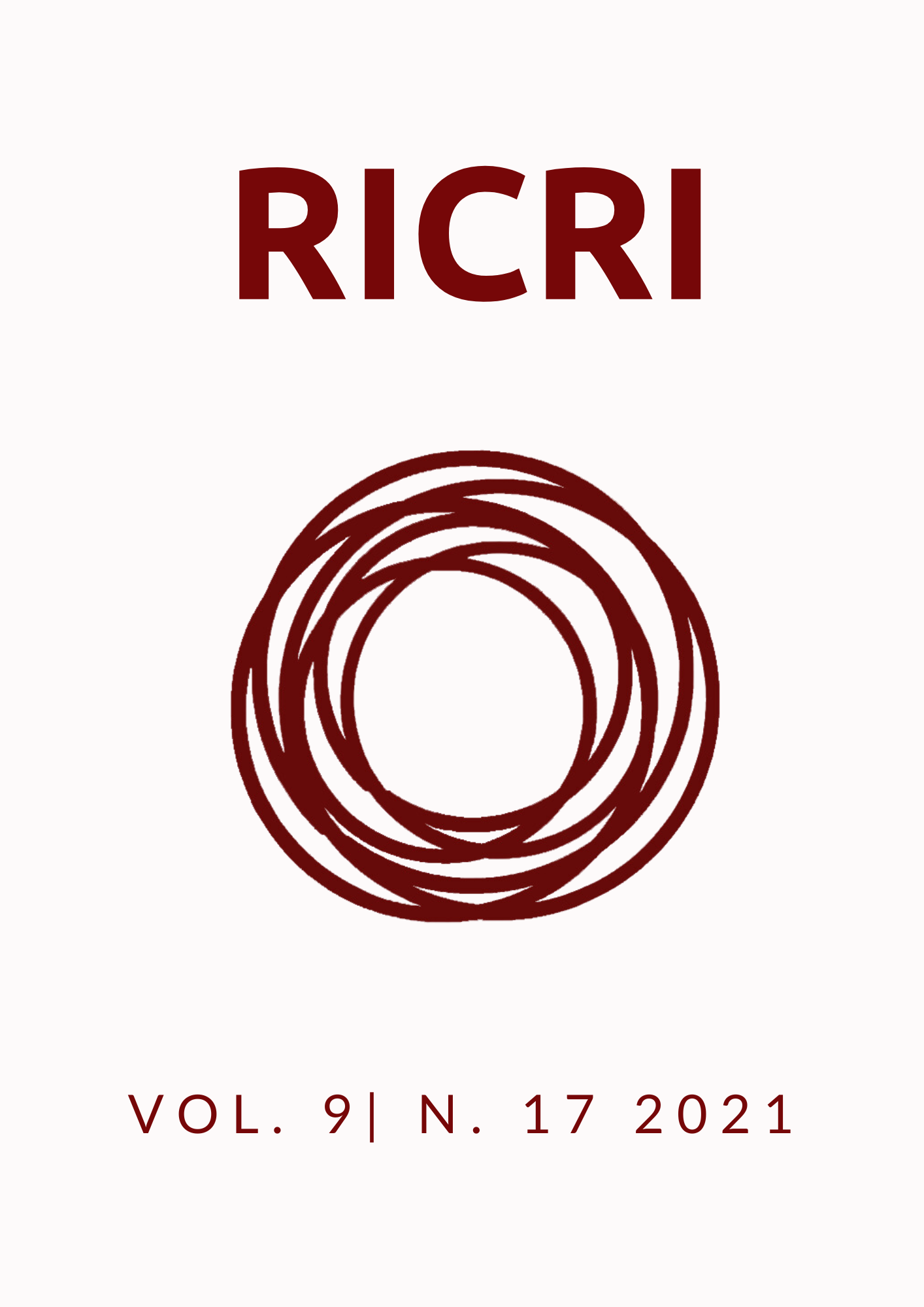Environmental Refugees
A Case Study Of Haitian Immigration To Brazil (2010-2018)
DOI:
https://doi.org/10.22478/ufpb.2318-9452.2021v9n17.59396Abstract
The following work will deal with the theme of environmental refuge, which is understood, even if not legally, as the immigration flows that were initially motivated by an environmental disaster. A case study will be carried out on Haitian immigration to Brazil, between 2010 and 2018, based on the question whether these immigrants can be considered environmental refugees, based on the hypothesis that the 2010 earthquake and Hurricane Matthew, in 2016, commented on the reasons that triggered the Haitian immigration flow to Brazil. The general objective of the work is to identify a Haitian motivation for immigration to Brazil. For this, the hypothetical-deductive method will be used, with an explanatory and descriptive research. The results achieved partially corroborate with a hypothesis. Between 2010 and 2013 there is a direct correspondence between the proposed guidelines for the identification of environmental refugees and Haitian immigration to Brazil. However, there is a complexity as of 2014, manifesting other primary elements for the arrival of these immigrants, which would not make them environmental refugees.
Downloads
Published
How to Cite
Issue
Section
License
Copyright (c) 2021 Journal of Scientific Initiation on International Relations

This work is licensed under a Creative Commons Attribution-NonCommercial 4.0 International License.
Authors who publish with this journal agree to the following terms:
a. Authors retain copyright and grant the journal right of first publication with the work simultaneously licensed under a Creative Commons Attribution License that allows for sharing of work with acknowledgment of its initial publication in this journal.
b. Authors are able to take on additional contracts separately for non-exclusive distribution of the version of the work published in this journal (e.g., post it to an institutional repository or as a book), with an acknowledgment of its initial publication in this journal.
c. Authors are permitted and encouraged to post their work online ( eg, in institutional repositories or on their website) at any point before or during the submission process, as it can lead to productive exchanges , as well as increase the impact and citation of published work ( See the Effect of Open Access).




